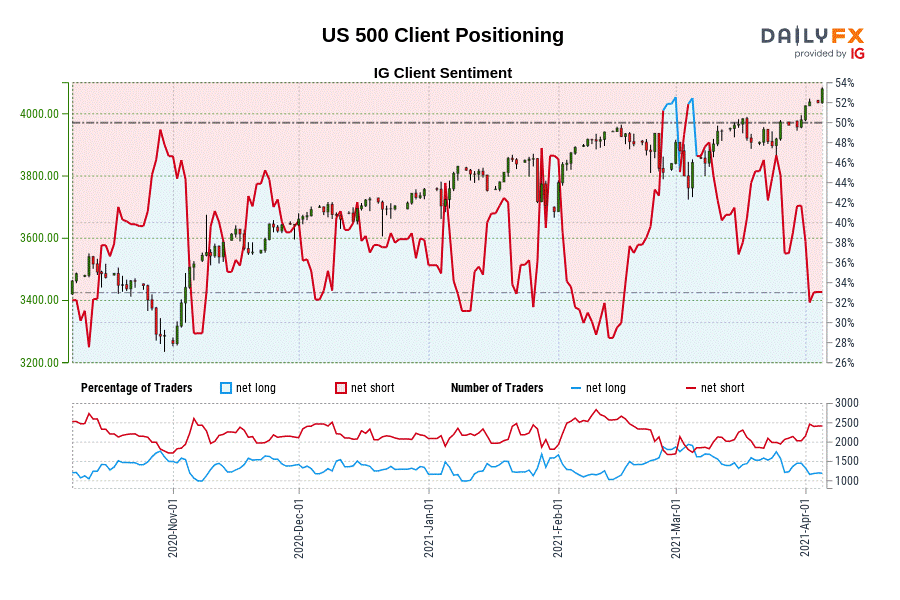Stocks are easy to buy. It's easy to choose companies that beat the market for stocks. You need stock tips to help you choose companies that beat the market repeatedly. The below strategies courtesy of Markets Herald will deliver tried-and-true rules and strategies for investing in the stock market.

1. Pay attention to your emotions prior to leaving.
"Success in investing doesn't have a correlation with your IQ ... what you require is the right attitude to control the urges that can lead others into trouble in investing." Warren Buffett, chairman and CEO of Berkshire Hathaway is an example of this wisdom and an ideal role example for investors seeking long-term, market-beating wealth-building returns.
Before we begin, here's a bonus advice for investors: We recommend that you do not put more than 10% in individual stocks. Rest should be invested in low-cost index mutual fund funds. The money you'll need in the next five years shouldn't be invested in stocks in any way. Buffett was talking about investors who let their heads , not their guts to guide their investment decisions. Actually, investors who trade too heavily on the basis of emotions are one of the biggest ways to sabotage their portfolio's performance.
2. Select companies, and do not use ticker symbols
It is easy for people to forget that there is an actual business behind each CNBC broadcast's stock quotes in the alphabet. Stock picking is not just an abstract concept. Keep in mind that buying a share of a company's stock is a way of becoming an owner of that business.
"Remember, buying a share of a company's stock an opportunity to become a part-owner of the business."
Screening potential business partners will give you plenty of data. However, it's easier to zero to the relevant information by wearing the "business buyer" cap. You'll want to learn about how the company operates and how it competes, its longer-term outlook and if it's bringing something fresh to the portfolio.
[img]https://abcscprod.azureedge.net/-/media/Project/ABCL/Internal_Images_526x230/526x230/SS/10_golden_rules_of_stock_market_investment_526_230_I_SS_001.ashx?revision\u003d6264ac83-30da-448e-98a1-b52a3bfdca9c\u0026modified\u003d20210225112503[/img]
3. Make sure you are prepared ahead
All investors are sometimes tempted to change their relationship statuses to their stock. The common error in investing of purchasing high and selling cheap is often made when you are stressed. Journaling can be a powerful tool. Write down the attributes that make each stock that you hold worth a commitment. When you're certain of your thoughts, consider whether or not it would be wise to end the relationship. Take a look at this:
What I'm buying What do you like about the business as well as the opportunities you anticipate in the near future. What do you expect? What are the most important metrics and what milestones will you use to judge the progress of the business? It is important to identify the potential pitfalls and note which ones can be game changers and which are signs of a temporary setback.
What could cause me to sell There are often good reasons for a split. The journal you keep should include an investment agreement. It should explain what you'd do to make the stock sellable. This isn't about stock price fluctuations particularly in the short-term. But, we're discussing fundamental changes to the company that could impact its ability and potential growth in the long run. One example: A company loses a large client. The successor of the CEO steers the business in a completely new direction. Perhaps, your investment theory doesn't hold up within a reasonable period of time.
4. Positions can be built slowly
The most powerful asset of an investor is their timing, not the time. Investors who have the most success purchase stocks in hopes of be rewarded, whether it's through dividends or share price appreciation. -- over many years or for decades. It also means you are able to purchase a slow-moving product. There are three ways to reduce volatility in price:
Dollar-cost Average: Although it sounds complicated but it's not. Dollar-cost average is when you put aside a set amount of money at regular intervals (e.g. at least once per week or every month). It buys more shares in times of stock price decline and less shares in times when it increases, but it also equals the price you pay. Online brokerages provide the possibility to investors to set up an automated investing program.
Buy in thirds: Much like dollar-cost averaging "buying in threes" will help you avoid the morale-crushing experience of unsatisfactory results right out of the start. Divide the amount you invest by three. Next, select three points to buy shares. These can be at regular intervals (e.g. monthly, quarterly or quarterly) or based on performance or company events. You could buy shares to anticipate the launch of a new product and then take the remainder to divert funds from other sources in the event that it's successful.
You can't choose which company in a particular sector will be the winner in the long run. Purchase all! A stock basket can ease the burden of choosing "the best." Being able to hold a stake in all of the companies that you have analyzed will ensure that you don't get left behind if any company goes under. You can also use any gains from the company that is the winner to offset any losses. This strategy will help you determine which company is "the one", so you can double your position if you wish.

5. Avoid excessive trading
It's enough to check in on your stock at least once every quarter, such as when you receive quarterly reports. It can be hard to not keep an eye out for the scoreboard. It can be dangerous to respond too fast to events that happen in the short term and concentrate on the value of the company rather than share price.
Find out the reasons your stock has dramatic price changes. Is your stock the victim of collateral damage resulting from the market responding to an event unrelated to it? Is something different in the underlying company business? This could affect your outlook for the future.
The long-term performance and success of a well-chosen company isn't affected by news in the short term (blagging headlines or price swings). It is how investors respond to the noise that counts most. Your investment journal, which is an unwavering voice from quieter times, could be used as a guide in sticking to it during the inevitable ups or downs of investing in stocks.
